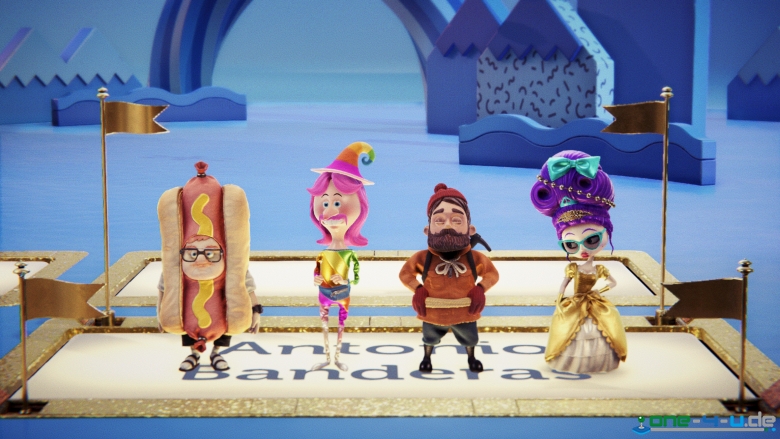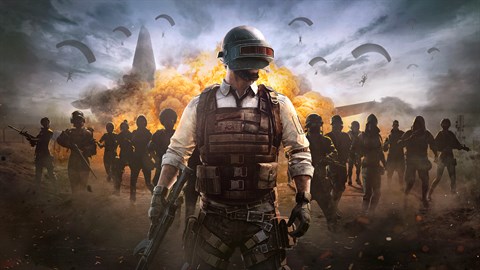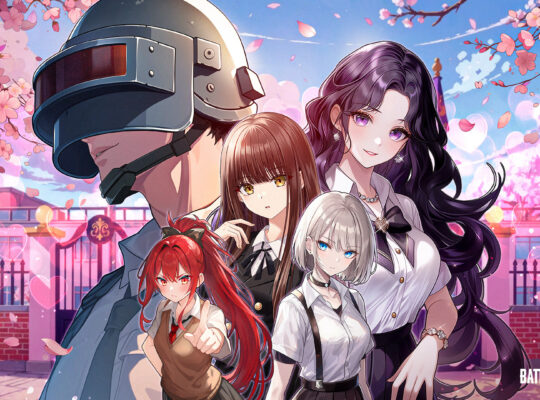Party games are a popular form of entertainment designed to be played by a group of people, often at social gatherings, parties, or casual get-togethers. These games are typically easy to learn, require minimal equipment, and are meant to encourage interaction, laughter, and fun among participants. They can vary widely in terms of complexity, duration, and type of activity involved, but all share the common goal of bringing people together for a good time.
Key Characteristics of Party Games
- Inclusivity: Party games are designed to be inclusive, allowing people of all ages and backgrounds to participate. The rules are usually simple and easy to understand, ensuring that everyone can join in without extensive explanations.
- Interaction: These games emphasize social interaction, encouraging players to communicate, collaborate, or compete in a friendly manner. This makes them great icebreakers and helps foster a lively atmosphere.
- Flexibility: Party games can often be adapted to fit the size of the group, the available space, and the time constraints. Whether you have a small group of friends or a large gathering, there’s likely a party game that suits your needs.
- Variety: There are countless types of party games, ranging from classic board games and card games to more active and physical challenges. Some popular categories include trivia games, charades, word games, and team-based competitions.
Examples of Popular Party Games
- Charades: A classic guessing game where one player acts out a word or phrase without speaking, and the other players try to guess what it is. It’s a great way to get everyone laughing and engaged.
- Pictionary: Similar to charades, but instead of acting, players draw pictures to help their teammates guess the word or phrase. This game tests both creativity and communication skills.
- Werewolf/Mafia: A social deduction game where players take on different roles within a village, trying to identify the werewolves (or mafia members) among them before being eliminated. It’s a game of strategy, persuasion, and deception.
- Cards Against Humanity: A humorous and sometimes irreverent card game where players fill in the blanks of sentences with the funniest or most outrageous responses. It’s best played with a group that appreciates dark humor.
- Telephone: A simple game where a message is whispered from person to person, often resulting in hilarious misunderstandings by the time it reaches the last player. This game highlights the importance of clear communication.
Conclusion
Party games are a fantastic way to bring people together, break the ice, and create lasting memories. With their diverse range and ability to adapt to different settings, they remain a staple of social gatherings. Whether you prefer word games, drawing challenges, or strategic thinking, there’s a party game out there to suit every taste and occasion. So next time you host or attend a party, consider incorporating a party game to add an extra layer of fun and excitement to the event.












